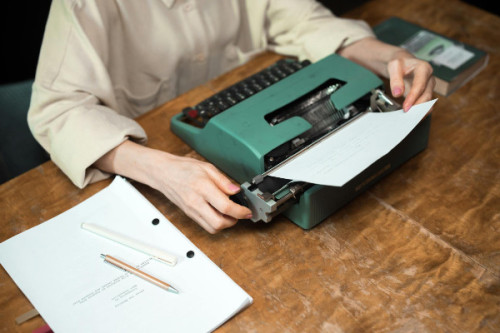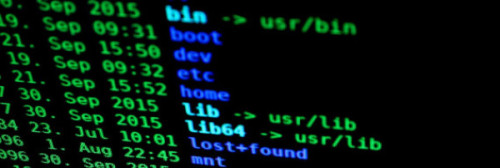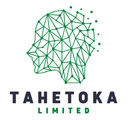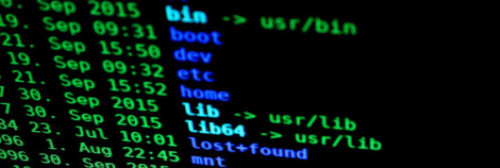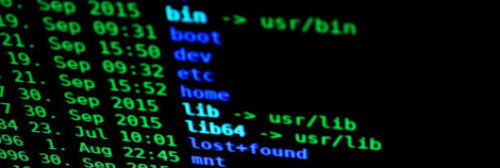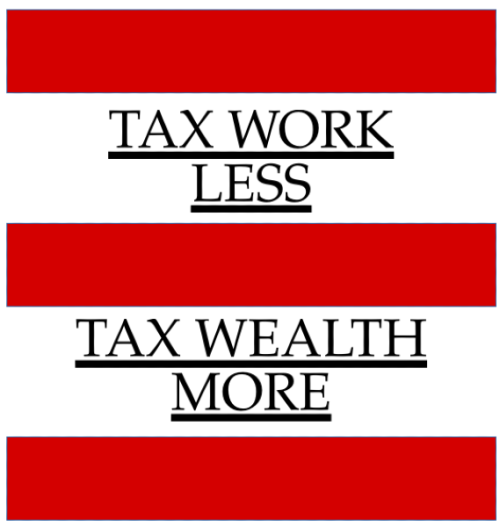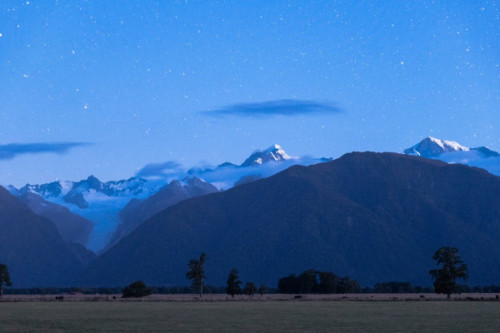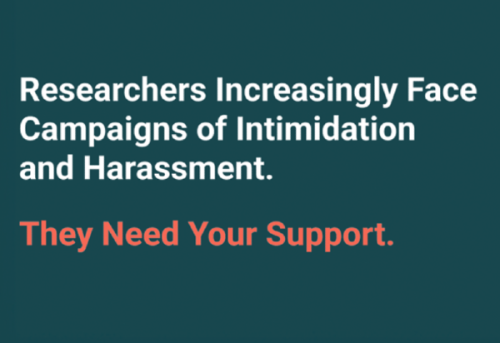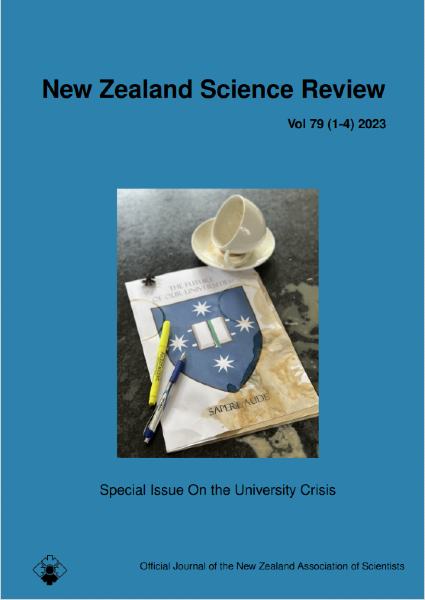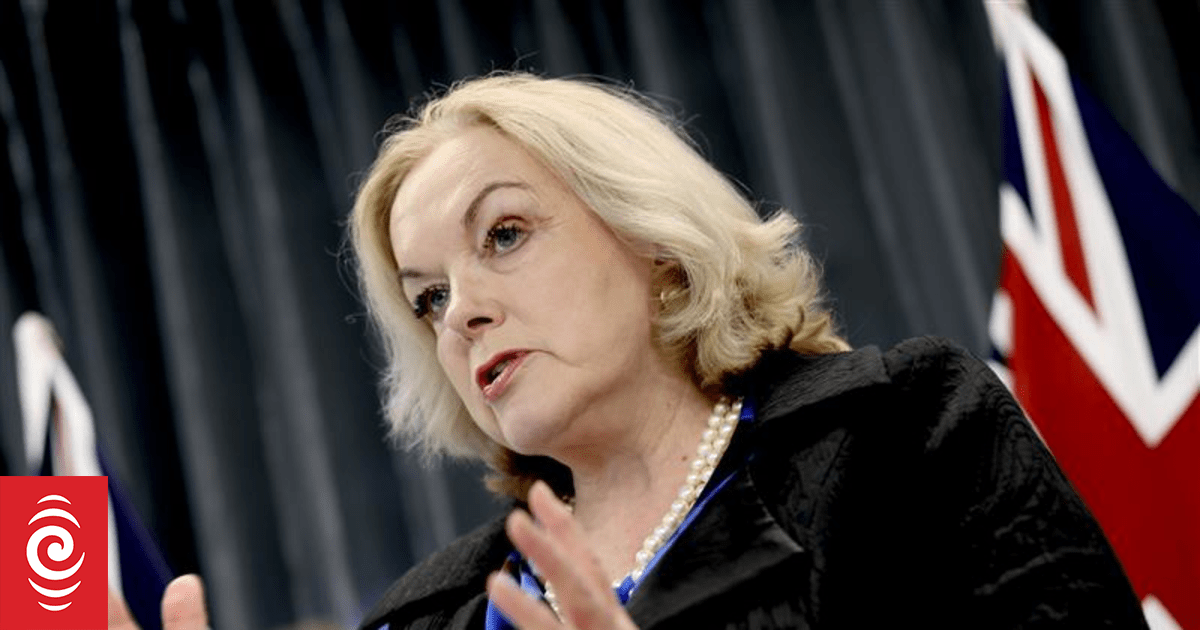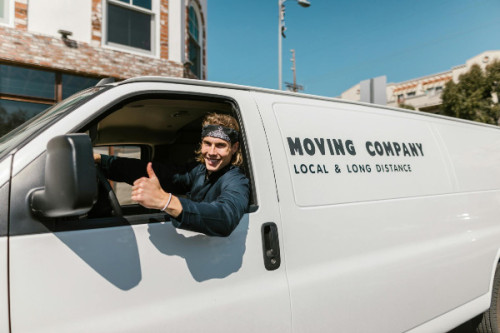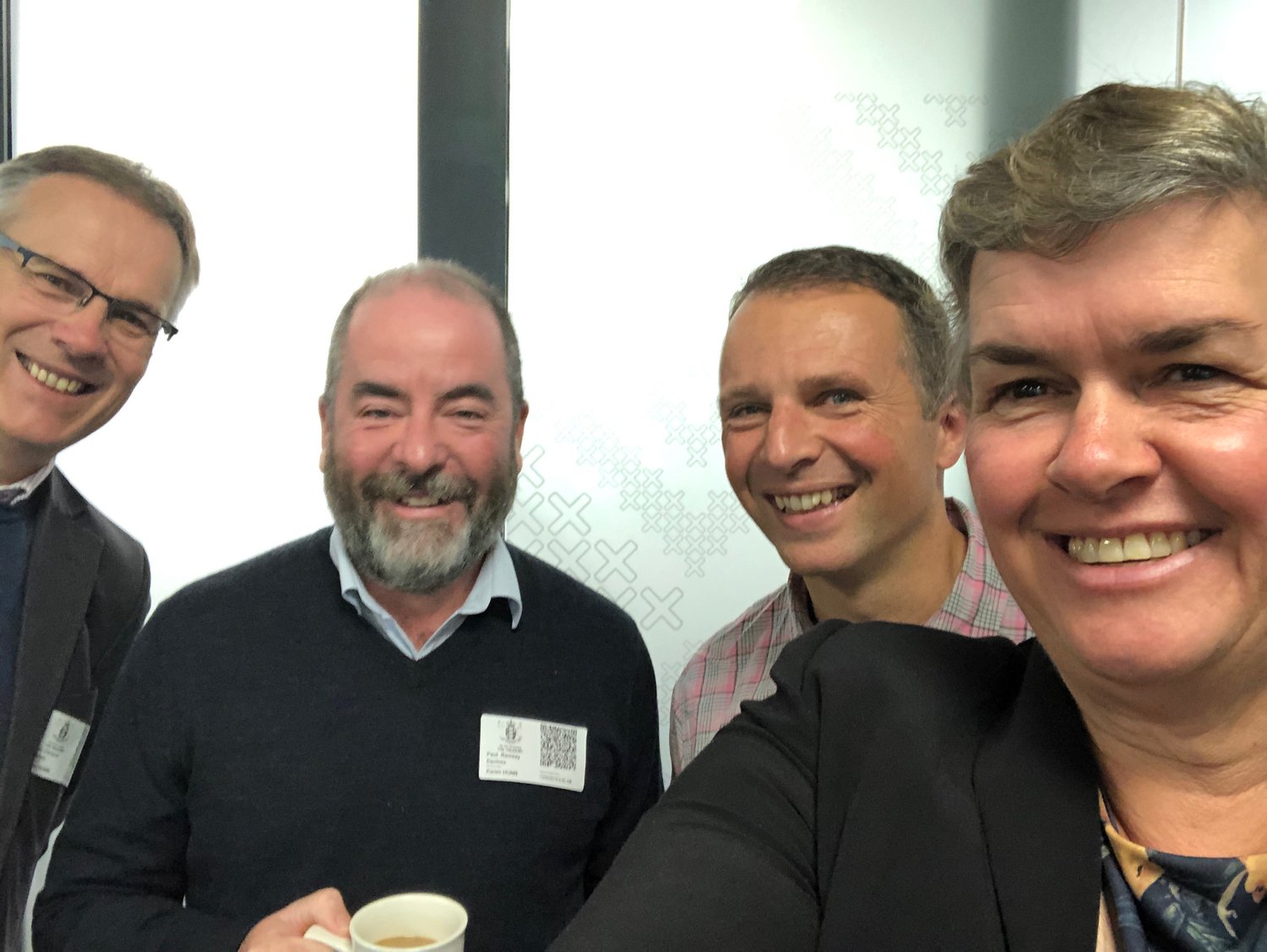Affiliations
Director, The Elshire Group Ltd,
President (2017-2022, 2023-), Genomics for Aotearoa New Zealand
Councilor (2021), New Zealand Association of Scientists
Member, Maize Genetics Cooperation
Member, New Zealand Open Source Society
Member, InternetNZ
Associate Member, Aotearoa Tech Union
Associate Member, Lawyers for Climate Action New Zealand, Inc.
Genomics Technology Innovator
I was the lead developer for the genotyping-by-sequencing (GBS) technology at Cornell University. It was better, faster, and cheaper than other DNA analysis methods. We made it free to use (no license fees) and trained many researchers. Here in Aotearoa, GBS is being used by many of our Universities and Crown Research Institutes. From kiwi fruit (breeding PSA tolerant gold varieties at Plant and Food Research) to kiwi conservation (the Kiwi Whakapapa project at Massey University) - all through our primary industries and our natural world.
Public Scientist
Over the years, I got to know all kinds of people through working many different jobs: construction labourer, petrol station attendant, pizza delivery driver, hardware store clerk, computer operator, etc. These experiences helped me understand the importance of each person, no matter who they are, where they come from, or what circumstances they find themselves in. My efforts are for the people. I am fortunate to have broad and varied education, training, and experience. From a start in electrical engineering, to biology and horticulture. Then on to genomics science, DNA sequencing, through to training in ethics, professionalism, entrepreneurship and intellectual property. I have set up molecular marker labs, managed a number of business for others, and am currently a director of a genomics research company with clients all around the world. I have a strong interest in seeing public investments in research benefiting the public. I believe that all of the people in our research system (regardless of position or title) deserve to be treated fairly and with kindness as well as have career pathways that will assist them to flourish in their work and personal lives.
Disclaimer: Any posts made by me reflect my personal views and not necessarily the views of those organisations with which I may be affiliated.
This piece is U.S. focused, but the exact same system is at play around the world. Pretty mind blowing to compare the research publishing industry to any other type of publishing. Good for their profits, not so good for researchers or the public.
Amanda Craig is doing an 8 session course on Māori Data Sovereignty. It is designed for people who want to make a difference. It has a price point that can be more accessible than an organisation wide course.
Check it out ?
This is well worth watching to understand that the government makes choices, bad choices in regards to the public health system. The video link is at a time stamp near the end with a message of hope and change from Craig Renney. Fundamentally, it is this message that needs to be taken to heart and acted on. As it is for the public health sector, it is for the rest of the public sector including research.
If we are to have a system that functions for the many, we need to push for political change. That's it. Anyone want to contribute to a manifesto for public good policies?
This article addresses the issues with cloud based smart home devices and the many problems with them (privacy and obsolescence). It suggests that the software Home Assistant has gotten much more user-friendly than it has been in the past.
As I mentioned in the webinar about data sovereignty, we intend to add solar panels and batteries to our set up. An important aspect of that for us is to have hardware that is compatible with Home Assistant. That will allow us to avoid reliance on cloud based software.
I was invited by my friend @Karaitiana Taiuru to do this webinar on sovereign computing. It is for a general audience who are interested in shifting away from multinational IT companies for their computing. The kōrero covers a lot of information based on 25+ years of experience using software that respects software users. It expands on some of the ideas underpinning this post about small / medium business IT infrastructure.
This is side 2 of my sign for the Big Strike tomorrow. Simple message with a QR code to a short video by Gary Stevenson about how wealth inequality harms you.
Researchers face an increasingly hostile environment, with intimidation and harassment originating from a variety of external actors. Learn more about the problem and the actions needed by different stakeholders here.
The Researcher Support Consortium has a suite of tools aimed at funders, research institutions, and researchers. These issues are ever increasing, making it even more important to have ways and means to effectively mitigate them.
The latest issue of the New Zealand Science Review was published last month. This is the Special Issue On the University Crisis. It is an excellent collection writing on many aspects of the current crisis. Recommended reading for anyone with interest in the future of tertiary education and research in Aotearoa.
Kia ora koutou,
Welcome to Te Ara Paerangi Community!
Yesterday, Minister Collins dropped a bombshell on our already besieged public research sector. Abrupt changes to the Marsden and Catalyst Funds came as a surprise to all across the research sector. There is plenty being written about why this is bad, who it may affect and how, what it all means, etc. I won't rehash that here. This post is about coming together to work out a path to a public research sector that works for everyone.
You are reading this because it is important to you that someone does something about what is happening in research and all across the public sector. We are all in the same boat. This is us and it is us who must do something. This site was created three years ago to encourage participation and sharing of expertise in the Te Ara Paerangi / Future Pathways research system reform process. We had some success with that - collaborating, teaching and learning, and having a place to do it. That process was scuttled when this government came in. That was disheartening for so many who had put their time and energy, heart and tears into it.
As with so many other public services, cut after cut has been made in the research sector. Some overt, others quietly just letting things end (e.g. national science challenges). The announcements yesterday are a policy change in kind, not in degree. We are all right in being very, very concerned; angry even. The many years of neoliberalism, managerialism, and hyper-competition in our under resourced system have conditioned many away from working together for the good of everyone. We must overcome that, now. This includes organisations as well as individuals.
To join the Te Ara Paerangi Community site: request an invitation here.
What we are offering here is a place to organise, to collaborate, to build community, to plan, to work to effect change. Some things in the near term. Others with a longer time frame.
Your help is needed to make these things happen. In the now, there two areas where expertise and effort are needed:
- Organisation Building / Governance
- People interested informing the process needed to form a diverse and appropriately skilled steering group.
- People who have time and interest in being a chair / member of the steering group.
- Aiming for an online hui in mid-January. Sooner is possible if someone can take on the organising.
- Technical & Testing Group
- People who have experience administering content management systems.
- People with skills in user interface design.
- People who like to write how to documents.
- People who know none of the above and can tell us what is not working for them or is confusing.
When you look at the lists above and you see your skills in one of the items, put something in the comments. It is so important that we see each other putting our hands up to do the mahi.
Just a few weeks ago, I shifted the site to a server in Aotearoa. I did not anticipate yesterday's news, so it is not quite where I want it to be. There is a bit more technical work to be done so that the direct messaging can be enabled again. At the same time, in site video conferencing will be added. Once there is a steering group, we will re-evaluate how the site is set up based on the needs of the community.
Thanks for sticking with me through this long post. Together, we can build a better future in Aotearoa. Tell your colleagues, your whanau, and your mates about this effort.
Ngā mihi nui,
Rob
We are moving! If the site is down intermittently over the next several days this is why.
The server on which we have hosted Te Ara Paerangi Community has reached the end of the paid cycle. So has the domain name registration. We have migrated to a new domain name registrar. It will take some time for the DNS service to get sorted. We will be moving the site itself shortly as well.
The main benefits of moving are that it will be in Aotearoa, we will have control and flexibility on how we run the server, and we can add more features. There is nothing you need to do except have a bit of patience as we do the work behind the scenes.
Ngā mihi!
This is a sad, sad development indeed. NZRise has been a strong and, in so many ways, very effective voice for local IT companies. They championed local talent and growth in our IT sector, fighting government procurement systems that structurally excluded them in favor of overseas giants.
If you are in a position to hire local companies to do your IT work, I strongly encourage you to do that. Those businesses put the money you spend right back into our economy. The alternatives siphon money out of our economy sending it overseas. Local companies also pay their fair share of taxes, supporting civil society in that way. Many of the multinationals have tax avoidance strategies that results in them paying next to nothing in taxes here.
As a small business owner, we go local first - in IT and anything else possible. You can do that too.
Why is NZRise winding up now?
Despite these achievements, keeping momentum has grown increasingly difficult. Like many volunteer-led organizations, we’ve faced declining engagement—a challenge impacting not just NZRise but many other not-for-profits. The current government has shown little interest in addressing issues critical to NZ-owned digital businesses, while multinationals gain increasingly easier access to agencies and politicians alike. This stark contrast is hard to reconcile: digital technology is touted as a key export sector, yet our government continues to prioritise large offshore companies over buying from or listening to local businesses. Finally, recent changes to the Incorporated Societies Act add compliance requirements that, without dedicated resources, are difficult to meet.







